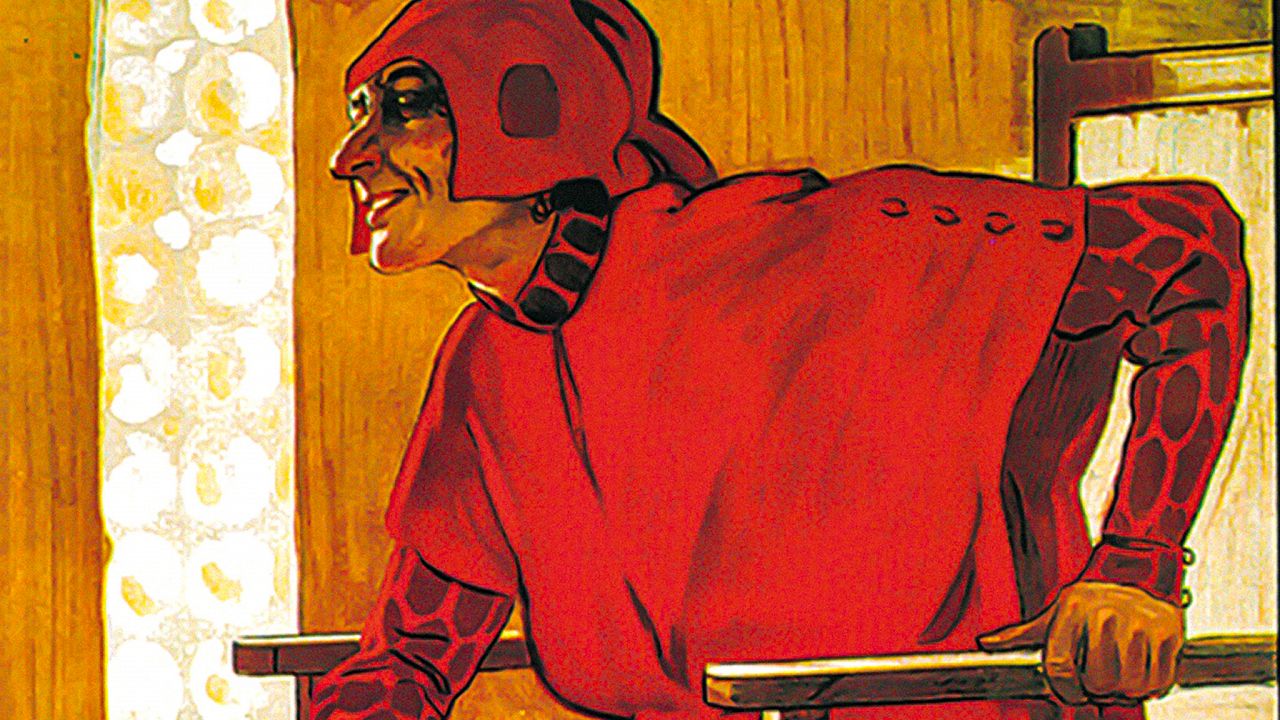Gianni Schicchi is a short, one-act opera by Giacomo Puccini to an Italian libretto by Giovacchino Forzano, composed in 1917–18. It is the third and final instalment of Puccini’s Il trittico (The Triptych) together with the operas Il tabarro and Suor Angelica.
When Il trittico was first performed at New York’s Metropolitan Opera in December 1918, Gianni Schicchi immediately proved to be the favorite. Although Puccini opposed performing the three operas except as the original triptych, in 1920 he gave his reluctant consent to separate performances. Gianni Schicchi has subsequently become the most popular and performed part of Il trittico.
But who exactly was Gianni Schicchi? Gianni Schicchi de’ Cavalcanti was a 13th-century Italian knight and, although there is not much historical information about him, he is mentioned by Dante in the Inferno, Canto XXX. In that canto, Dante visits the Circle of Impersonators and sees a man savagely attacking another: he is told that the attacker is Schicchi, condemned to Hell for having cheated others by taking the place of a dying man, the wealth Buoso Donati. The opera Gianni Schicchi is set in Florence in 1299 and based on Dante’s character.
Puccini and his librettist, Giovacchino Forzano, saw the potential for social satire in this history. In Donati’s bedroom soon after his death, his greedy relatives feign pain and search for his will. As soon as they angrily discover that they have been disinherited, they turn to the intelligent Schicchi to make a false will. Schicchi, however, turns their plan against them, making sure to reserve for himself most of the dead man’s fortune while his relatives, all accomplices in the crime of forgery, are forced to remain silent. The aria “O mio babbino caro” (‘Oh my dear papa’), is one of Puccini’s best known, and one of the most popular arias in opera. It is sung by Lauretta, who begs her father Gianni Schicchi to help her marry the love of her life, Rinuccio.


